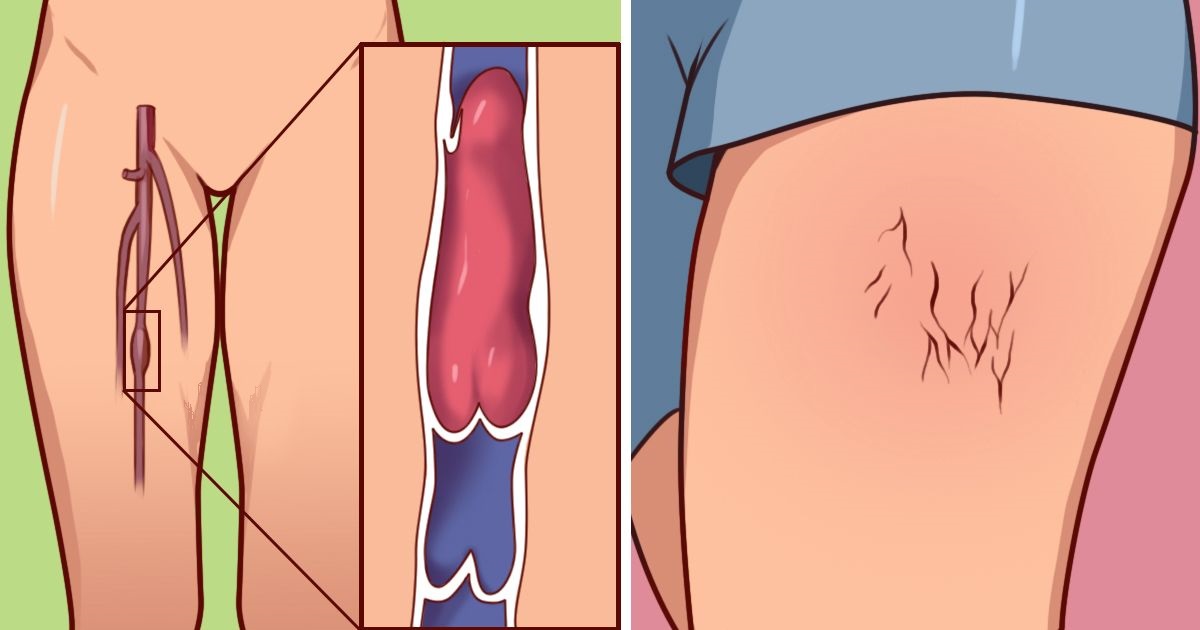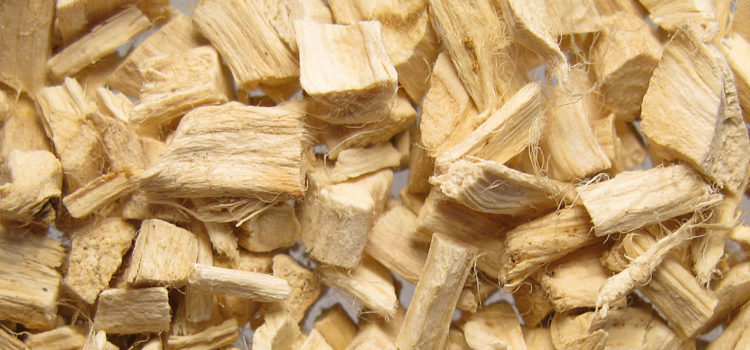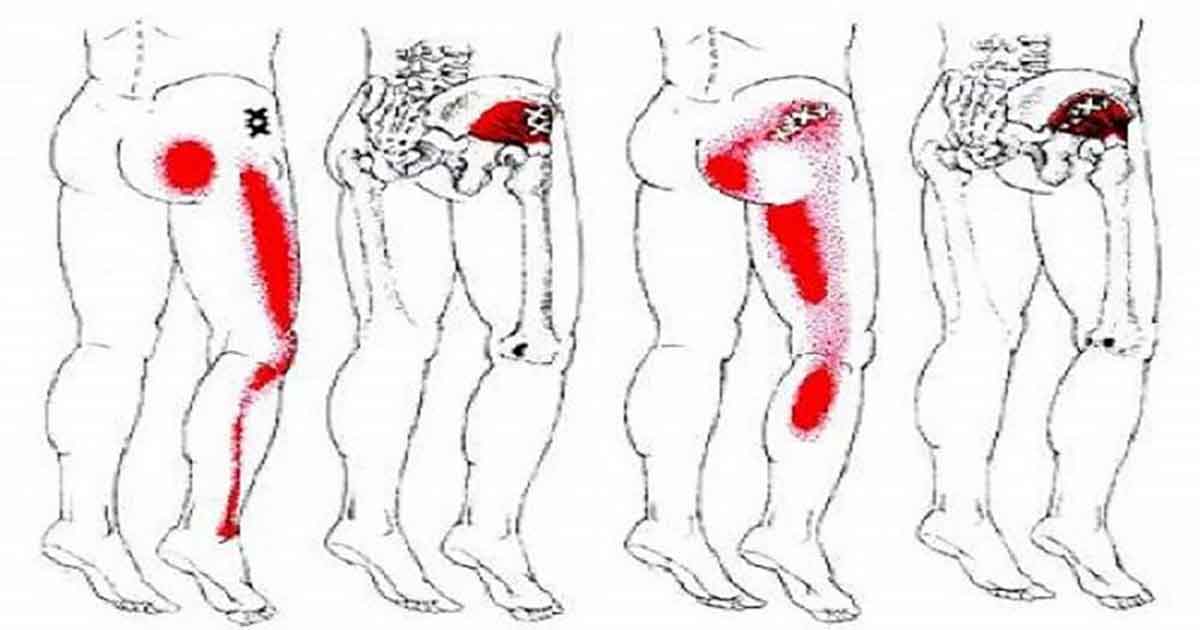Blood clotting is a natural, necessary and in fact a life-saving process that prevents us from losing too much blood in accidents. However, when blood clots in a place where it’s not supposed to – like inside our veins -there’s a chance it won’t dissolve as it normally does. This dangerous situation can lead to a heart attack, stroke or other health problems. Learn the common signs and symptoms of such a situation so you can stop it before it becomes life-threatening.

1. Swelling, Pain and Tenderness
If you experience swelling, pain or tenderness in one of your limbs, this could be a sign of a Deep Vein Thrombosis (DVT). This condition prevents the blood from circulating and oxygen from reaching the organs, and is therefore quite dangerous. Besides pain and tenderness, frequent leg cramps and the appearance of pale or bluish discoloration can be symptoms too.
2. Chest Pain and Shortness of Breath
If you’re feeling chest pain or experience shortness of breath and lightheadedness, you could have a blood clot in the heart. This is a less common location for a blood clot, but the most serious one – it requires immediate medical attention.
3. Coughing and Breathing Problems
Coughing, and especially coughing up blood can be a sign of a blood clot in the lungs. Other common symptoms include breathing problems such as shortness of breath, rapid heart rate and chest pain.
4. Abdominal Pain
If you don’t have a stomach virus but you experience severe abdominal pain and swelling, you could be showing symptoms of a blood clot in the abdomen. It’s important to seek medical help so food poisoning or something similar can be ruled out.
5. Severe Headache
If you experience a sudden, severe headache along with some of these symptoms – difficulty speaking, difficulty seeing, difficulty walking – you could have a blood clot the brain. In a situation like this, it’s crucial to seek medical attention immediately.




















